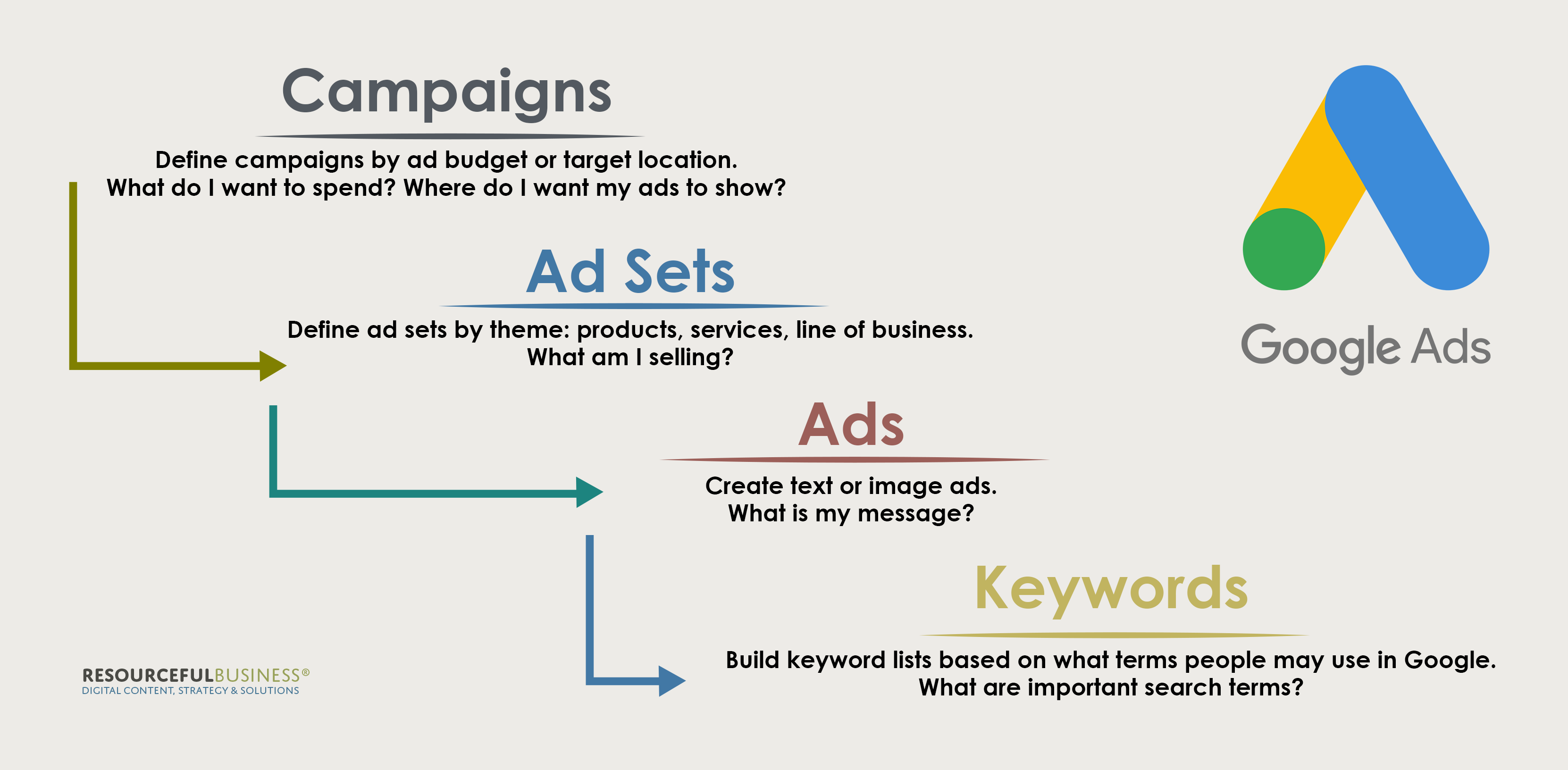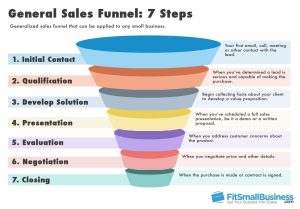
How to effectively use Google Ads for small business marketing
Google Ads has become an indispensable tool for businesses of all sizes in the digital age. With its vast reach, meticulous targeting options, and ability to generate immediate results, Google Ads can significantly impact a small business’s marketing efforts when utilized effectively. In this article, we will delve into the essentials of leveraging Google Ads to maximize your small business’s marketing potential.
1. Define your goals and target audience
Before launching any Google Ads campaign, it is crucial to set clear and measurable goals. Identify what you want to achieve, such as increasing website traffic, generating leads, or driving sales. Aligning your objectives with your target audience is equally important. Understand who your ideal customer is, their demographics, interests, and pain points, to create highly relevant ads that resonate with them.
2. Create compelling ad copy
Effective Google Ads start with compelling ad copy. Craft concise and attention-grabbing headlines that immediately capture the viewer’s attention. Focus on highlighting the unique value proposition your small business offers. Use strong call-to-actions (CTAs) to prompt users to take action, such as “shop now,” “learn more,” or “get a quote.” Incorporate relevant keywords in your ad copy to ensure your ads show up for relevant searches.
3. Master keyword research
Keyword research serves as the backbone of successful Google Ads campaigns. Conduct thorough keyword research to identify the terms and phrases your target audience uses when searching for products or services similar to yours. Use tools like Google’s Keyword Planner to discover relevant keywords with high search volume and low competition. Incorporate these keywords into your ad groups and campaign structure for better visibility and relevance.
4. Take advantage of targeting options
One of Google Ads’ most powerful features is its extensive targeting options. For small businesses, the ability to target specific locations, demographics, interests, and more can significantly improve campaign efficiency. Tailor your ads to specific geographic regions to focus on your target audience’s locations. Leverage demographic targeting to reach users with specific age, gender, or household income characteristics. Combine targeting options to refine your audience and ensure you connect with the right people at the right time.
5. Implement conversion tracking
Tracking conversions is crucial for measuring the success of your Google Ads campaigns. Set up conversion tracking to understand which ads and keywords drive actions that align with your business goals, such as form submissions, purchases, or phone calls. This valuable information allows you to optimize your campaigns and allocate your budget more effectively.
6. Continuously monitor and optimize
Google Ads is an ever-evolving platform, and monitoring your campaigns regularly is essential to keep them performing optimally. Analyze your campaign’s performance, measure key metrics like click-through rates (CTR), conversion rates, and return on ad spend (ROAS), and make data-driven improvements accordingly. Perform A/B testing to experiment with different ad variations, landing pages, or targeting options to find the most effective combination for your small business.
7. Leverage remarketing and ad extensions
Remarketing allows you to re-engage with users who have previously interacted with your website, ensuring your brand remains in their consideration set. Set up remarketing campaigns to display tailored ads to this audience, encouraging them to return to your website and complete desired actions. Additionally, utilize ad extensions like sitelinks, call extensions, or review extensions to provide additional information and increase visibility on the search results page.
Conclusion
In the age of digital marketing, small businesses cannot ignore the power of Google Ads. With careful planning, targeted execution, and continuous optimization, Google Ads can significantly boost your small business’s marketing efforts. By setting clear goals, crafting compelling ad copy, conducting thorough keyword research, leveraging targeting options, tracking conversions, monitoring and optimizing regularly, and utilizing remarketing and ad extensions, you can effectively use Google Ads to drive success and growth for your small business.

